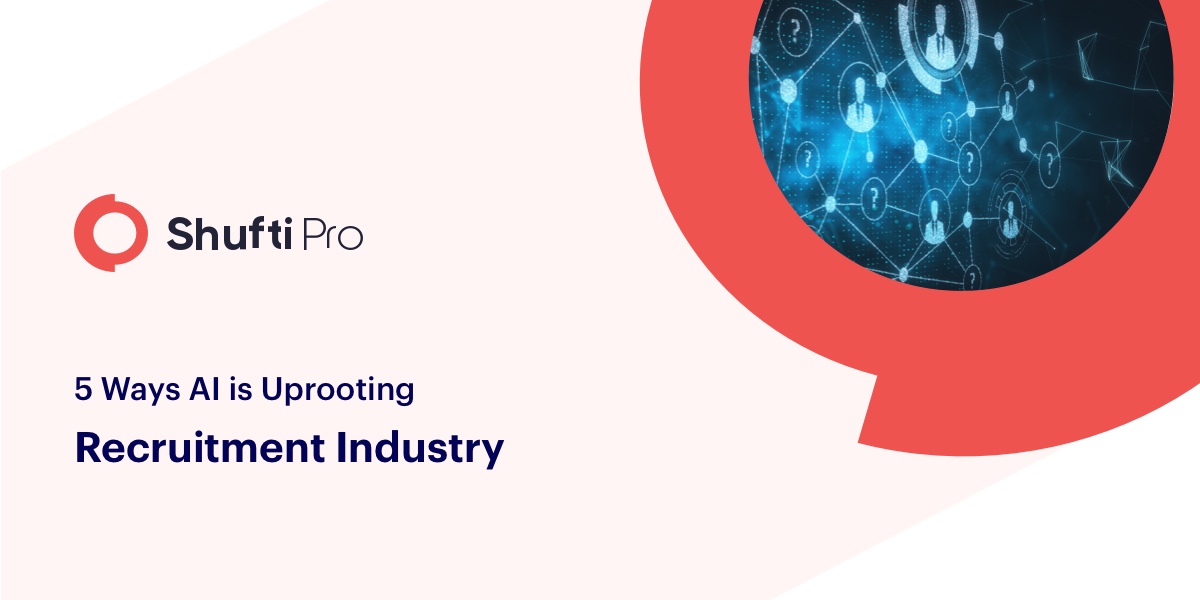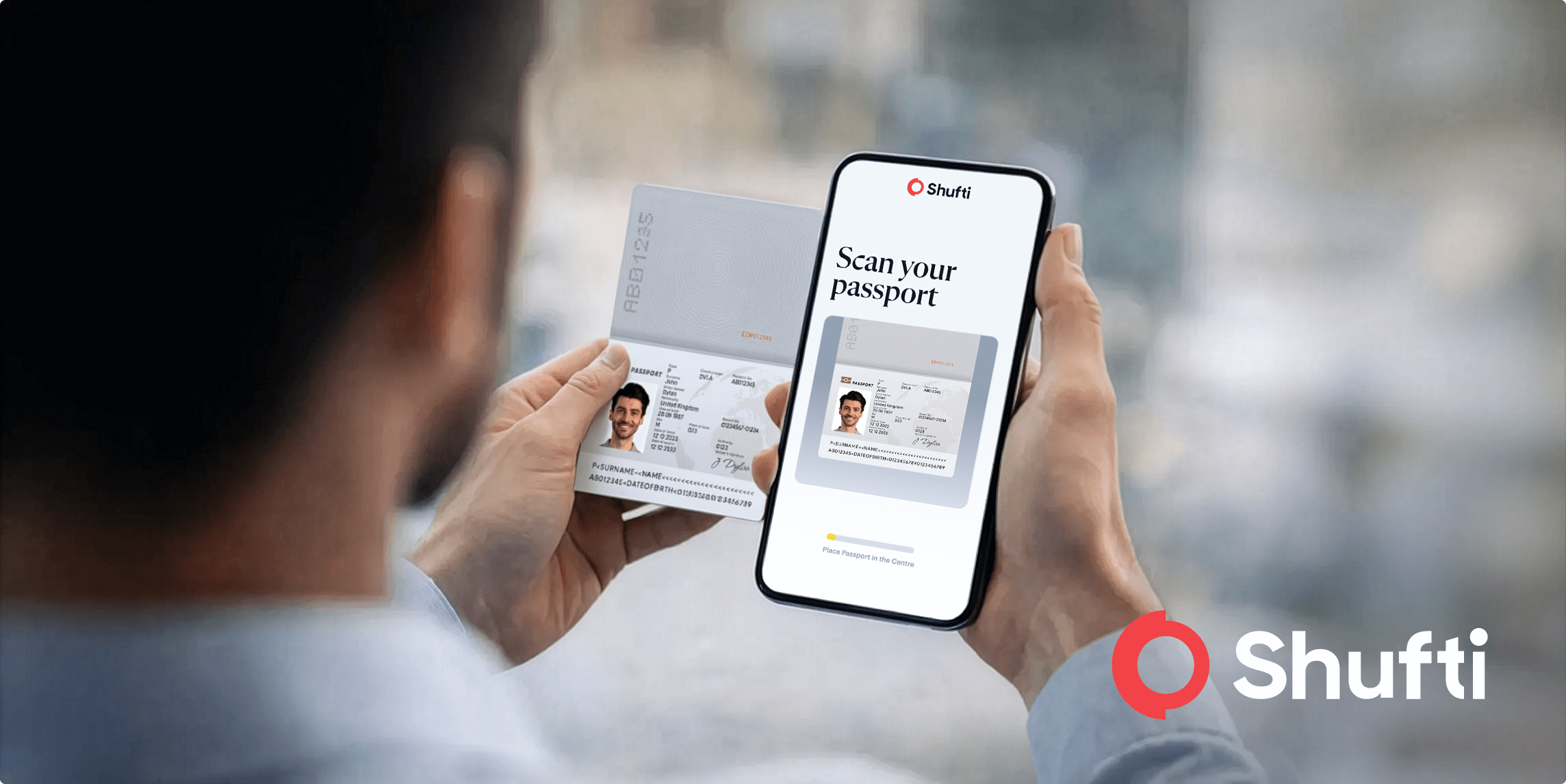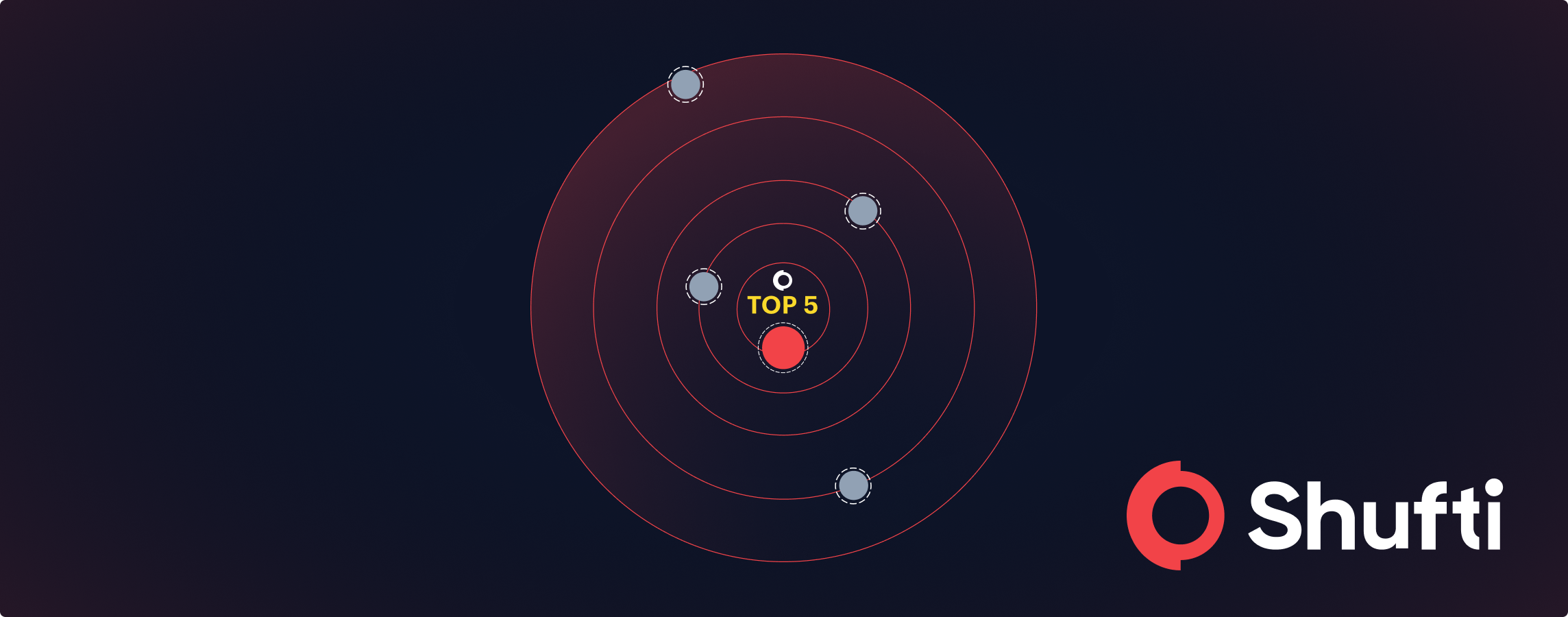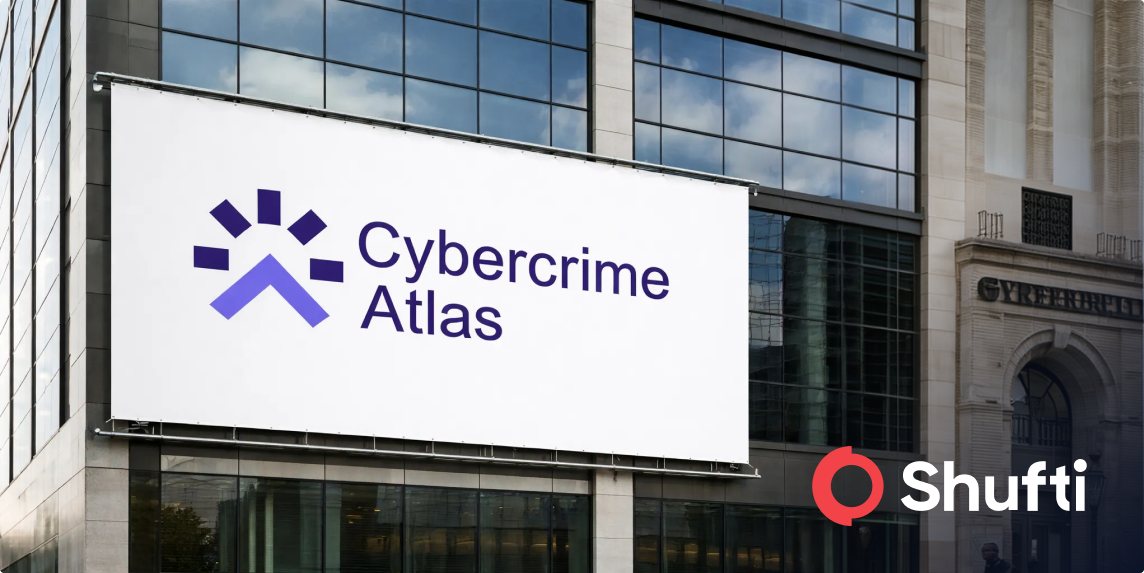5 Ways How AI Is Uprooting Recruitment Industry

Artificial Intelligence is strengthening its position in many industries and the recruitment industry is one of them. The AI-based platform is used to optimize recruitment processes for many industries. Through machine learning and problem-solving
AI helps find companies the best resource. The ability of AI to provide effective results in less time is the reason for its massive use in the recruitment industry. The battle to attract and retain talent is gaining a grip in recent years.
Today’s candidates are more selective and gravitating towards companies having a compelling mission statement and instead of focusing monetary gains they have positive impacts. The recruitment industry is feeling the crunch to enhance their game by deploying AI. To enhance recruiting efforts, artificial intelligence technology has become an essential prerequisite. AI- solutions are used to make it less hit or miss by recruiters in hunt of talent and help speed up the process.
Will AI replace human recruiters?
With rapid strides in technology has made humans think that artificial intelligence is harmful to humans as it will take away their jobs. Many industries, especially recruitment, might wonder if AI will replace human recruiters. While AI can be a lot more efficient in sorting out candidates based on criteria set by the potential employer and data available but it is almost unlikely that AI will replace human recruiters. Human touch is always a necessary component of the recruitment process. AI is more like a labor-saving aid rather than something that will completely take over human activities.
AI Setting a Sight in Recruitment Industry:
Here are some benefits that AI provides to lighten the load of recruiters and do better talent hunt in the recruitment industry:
1- Unbiased Decision Making
The recruiting process has traditionally been laden with bias. Human biases can be a major factor to hinder the right recruitment process leading to inefficient and unproductive hiring. Recruitment analytics solutions clubbed with AI can be used for an enhanced and quick process by extracting useful information from the resume and saving in relevant data fields. Such screening helps companies find the right fit based on skills and qualifications without being biased towards any race, gender, faith or nationality.
As the environment builds through fair and accurate hiring, resulting in more productivity and workflow of the company so recruiters benefit from it. According to a report, 56% of candidates believe that AI may be less biased than human recruiters and 49% believe that AI can improve their chances of getting hired.
2- Effective Data Analytics
A data-driven recruitment process is needed with the abundance of data we have in this word. AI-powered accurate data analytics are used to evaluate candidates on the basis of their performance. Predictive Analytics suggests a candidate’s job changing behavior which helps a recruiter in excluding unreliable sources and by optimizing the hiring process. By targeting candidates on different platforms, data-driven recruitment processes help in improving the quality of the hiring process. Data-driven recruiting not only assists in improving the quality of hire but includes better allocation of funds for recruitment. Such as targeting candidates using Social media, etc.
3- Facial Recognition Technology
Video interviews are conducted for remote and non-remote candidates. So facial recognition technology can be used for a number of reasons in the recruitment process. This saves a lot of time for recruiters and provides a great way to get to know the candidates. The candidate’s facial expressions are recorded and analyzed by integrating AI in the video interview process. This helps to subsequently show their mood and assess their personality traits. This technology also fulfills the sole purpose of recognizing a candidate to authenticate the candidate is who he says he is.
4- Automated Candidate Finding
The most crucial thing in recruitment is to find the best fit or perfect match with relevant skills and talents. This is done by developing a pipeline and sourcing potential candidates. Sourcing potential candidates out of the many is a challenging and daunting task. This can now be done using AI by automating the sourcing process and extending their reach simultaneously. In order to screen the perfect candidates, AI solutions have the ability to analyze more than 300 million social media profiles in a small amount of time. Another example of automation is the use of sending personalized messages to candidates in pipelines to keep them engaged and up to date.
5- Hiring Remote Workers
Hiring remote workers come with their own set of challenges. The idea of hiring remote workers by businesses is getting a lot of fame and traction. According to research, around 5% of all workers in each state in the US work remotely. The difficulties and challenges are reduced by deploying AI for this purpose. A number of AI-powered tools are available to keep track of the remote hired workers and to check their productivity. The uses of various pre-employment assessment tools are remarkably useful to assess a candidate’s personality, skills, and organizational fit As the remote workers can be physically present in the office. Moreover, by employing a digital document verification into the system the documents submitted by the candidate can be authenticated.
AI can be used to vet candidates to know if they are trustable. The purpose is to help identify potential threats when hiring someone to work remotely. These tools help to assess potential employees’ honesty and ethics to whether they would be a good resource for the organization. Such technologies help companies to distribute their workforce more widely. This will probably prove invaluable for service companies like Uber, Cream, Lyft, etc.
AI has limits – Recruiters Should Recognize
AI can analyze data to help recruiters but it cannot take their position. The human brain is always required to recognize real talent. AI is poised to give staffing and recruiting professionals more time to do the task that requires human decision-making instead of replacing jobs in recruiting. Following are the limits of AI:
- AI is fast and accurate but not error-free.
- AI makes connections from data but does not define causes so the human brain is required to decipher the meaning behind the correlation.
- AI follows defined sets of orders for harnessing large sets of data but it will not be able to see the bigger picture.

 Explore Now
Explore Now













